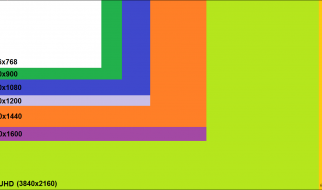The Difference Ain?t What It Used to Be
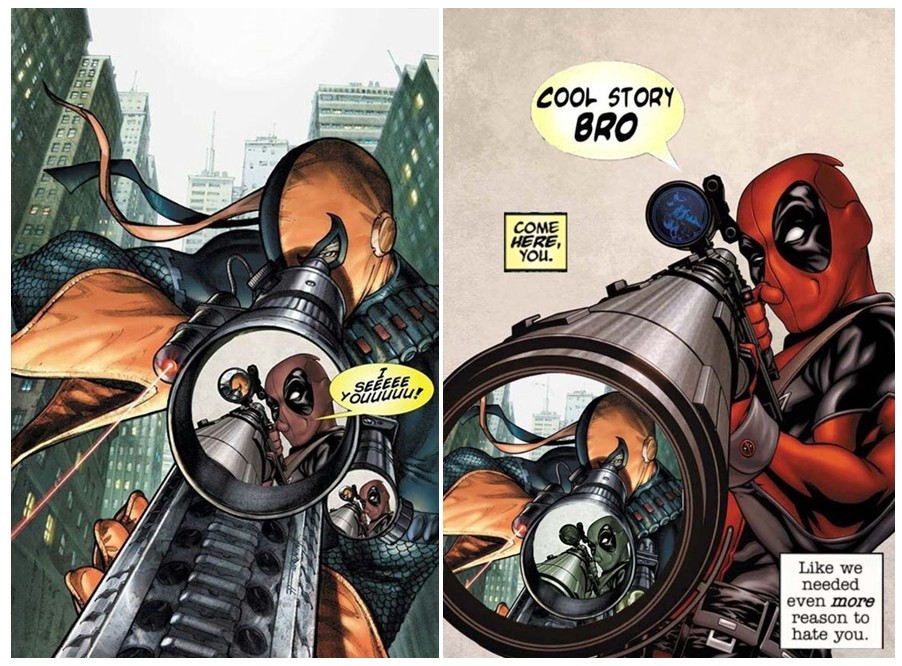
The Answer-Man is feeling nostalgic
So we are going to dust off a perennial chestnut.
- Taking an old one out of the archive which gets asked regularly enough I will dub this one the ?2014 Edition of DC vs Marvel? version of this question.
- We won?t go into the recent Secret Wars, Civil War II and Rebirth shenanigans. I will just do MY overall opinion of the companies.
- We are also going to avoid naming names or talking about people engaged in questionable circumstances ? See DC Comics. Let?s consider this a ?within-the-universe specific analysis?.
The discussion of the difference between the philosophy of DC?s comic creations and Marvel?s isn?t nearly as wide as it once was. The main difference was in the early approaches to the characters and their perspectives.
Unfortunately, both mythologies have become a bit tarnished and it is more about a profit motive than maintaining their previous ideologies. Since most of the previous creators of those mythologies have died or choose to remain silent, the two groups appear more and more alike as new talents and leaderships take over how the characters, look, behavior and thinking.
I will be looking at them more historically (as a long-time reader) than as a modern comic consumer who may not see any appreciable difference between the two groups. (And they wouldn?t be wrong?)
![]()
The DC Way
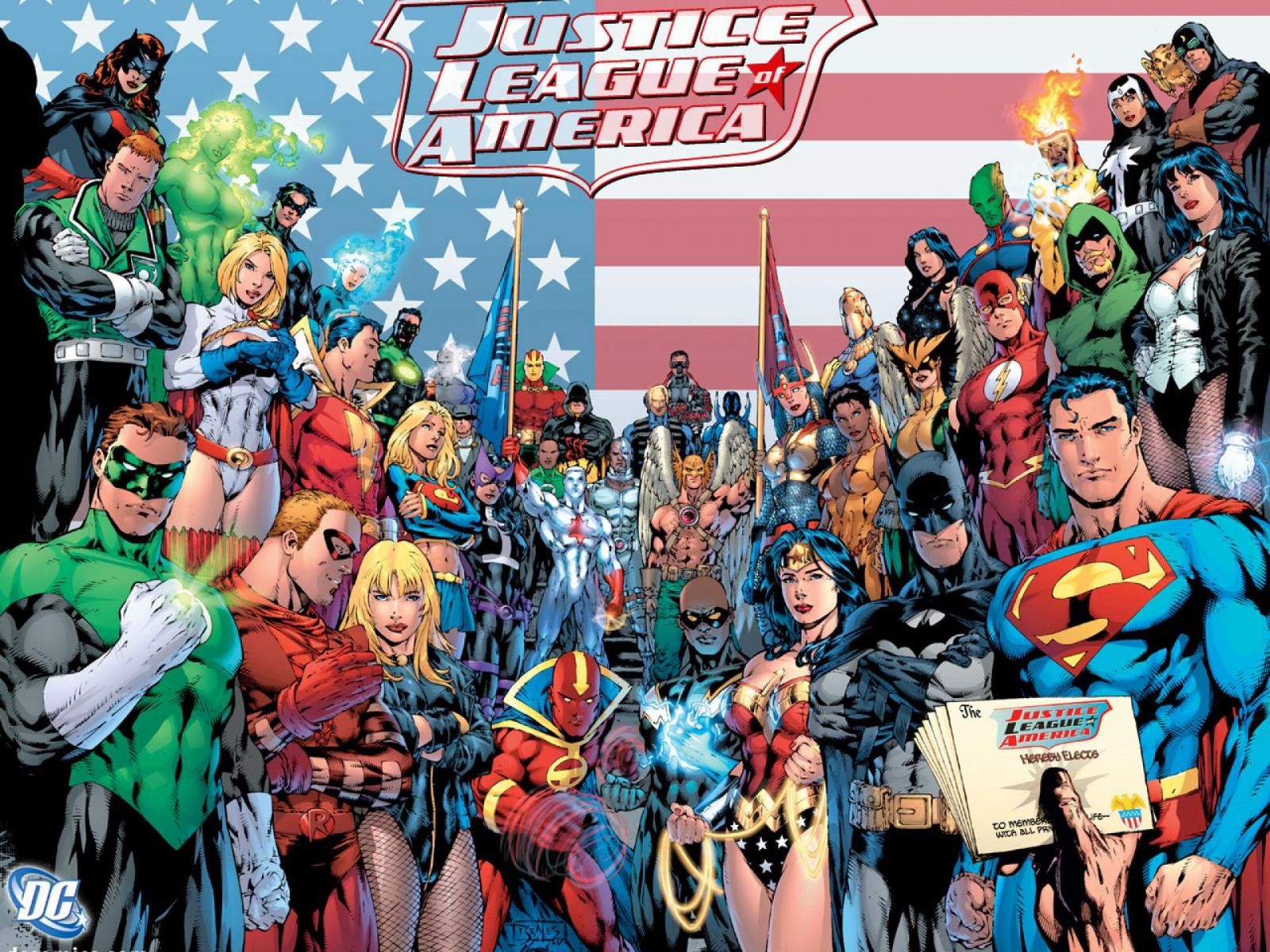
National Allied Publications, the original company which would eventually become DC Comics started its hero-making defining its heroes as mythic beings who worked as paragons of Humanity, literally the best of what a Man could be. Superman, Batman, Wonder Woman were all paragons of virtue; strength, will-power or personal fortitude.
- Looking at DC, their heroic templates seemed both brighter and more idealistic than Marvel?s, possibly because of their origins in times (World War II) that were in desperate need for humor and light.
- DC would go so far as to tell outright silly stories during the 50s and 60s, with no need or apparent desire for continuity. It allowed them to create stories not connected to each other, keeping them lighter in tone (and in some cases, really bizarre.)
- The companies DC would purchase during Golden and Silver Ages would have similar thematic characteristics. In some cases, they were little more than copies of the core characters of the DC Universe. Characters such as Captain Marvel/Shazam, Captain Atom, were almost direct copies of DC?s core character Superman. (Insert lawsuits here?there were many of them.)
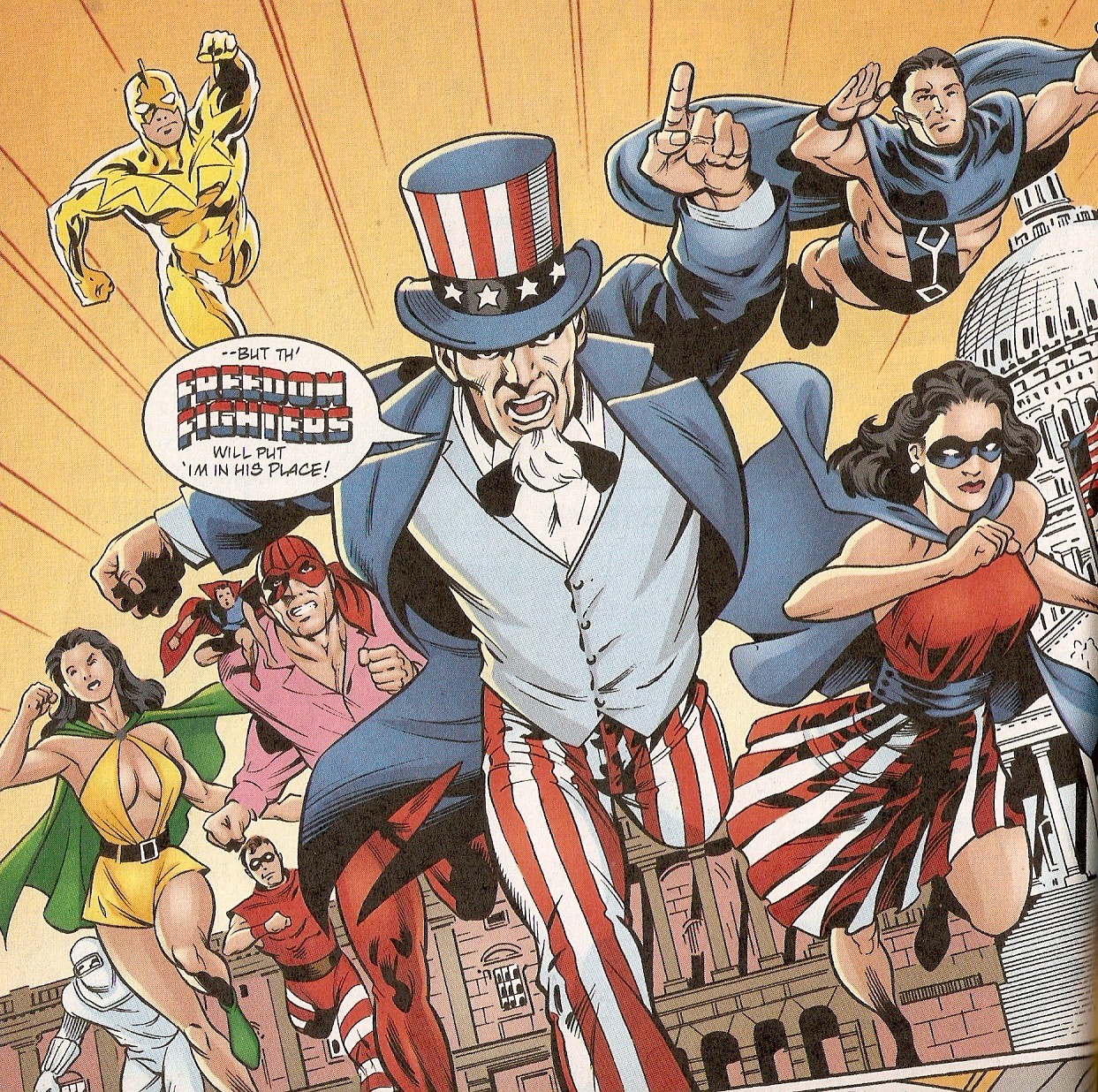 I loved the Freedom Fighters growing up. There just weren?t enough good stories about them to be found when I was a kid.
I loved the Freedom Fighters growing up. There just weren?t enough good stories about them to be found when I was a kid.
- Some of the more notable additions included the eclectic Charleston characters of Blue Beetle, The Question, and Shade the Changing Man. My favorites include the Quality Comics, Freedom Fighters who though I saw them too infrequently, I loved them. DC was an excellent judge of characters which fit their overall motif, even if they were less than excellent in the successful deployment of those characters.
- DC?s Batman shows the indomitable spirit of Man, Wonder Woman shows that peace is desirable but may often have to be fought for. Superman shows the innate goodness of hard work, moderation in all things, restraint and humility even when blessed with phenomenal power. He is a god aspiring for humanity.
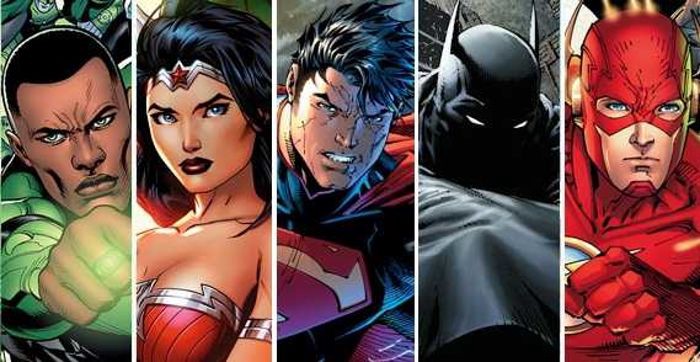
- Their heroes covered every elemental region and often replicated gods of myth. Aquaman (Posidon), the Flash (Hermes), the Martian Manhunter (Proteus), each of these heroes had mythic counterparts though you may not recognize them immediately.
- Even their non-powered heroes were legendary in their abilities, e.g. Green Arrow or Batman both physical specimens whose skills allowed them to hang with the gods as legendary heroes like Hercules and Perseus.
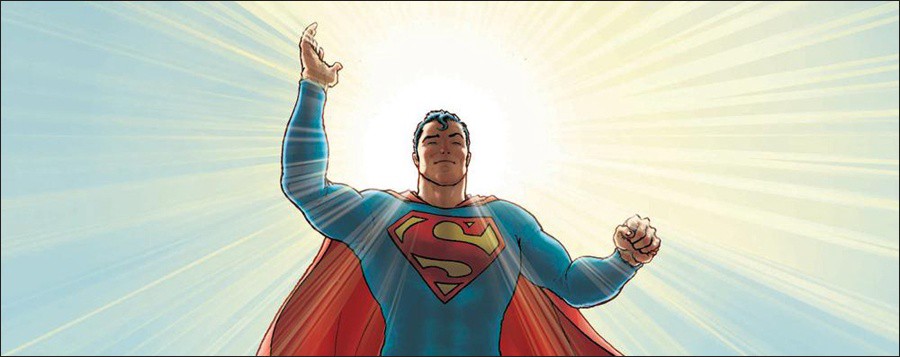
- Many of DC?s heroes can be likened unto gods who have come to Earth (in some cases literally e.g. Superman, who doubles as the Christ or Moses metaphors).
- DC?s heroes exist to be the exemplars of how great humanity can be when we work together toward common goals and their heroes promote the future of Humanity.
- This same mythic nature works against DC when they try to create new heroes who are not as mythic and this may explain why most of their new creations simply never gain the ground their iconic originals did.
I have mentioned this in a number of articles already so I won?t beat this horse any more here. When you have the time, check them out here:
Saving Superman
Can DC save a legend who?s apparently outgrown his audience?
medium.com
Batman v. Superman won?t make a billion
Because DC Entertainment doesn?t trust their comic history to do the heavy lifting.
medium.com
![]()
The Marvel Way
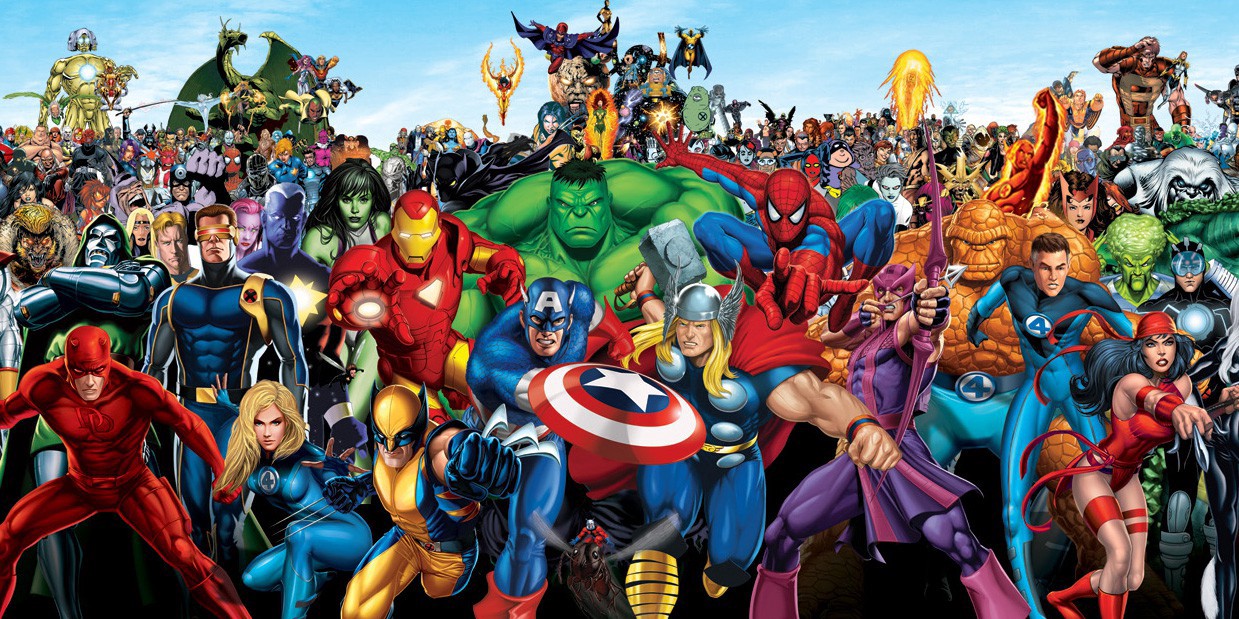
Timely Publications, the company that would one day become Marvel Comics, approach to hero-making was somewhat different. Where DC showed gods in men?s clothing, Marvel wanted to elevate Men (and Women) to a god-like stature. Frail mortals such as Peter Parker and Dr. Banner were suddenly endowed with god-like capacities but with all-too human frailties. Anger, rage, indifference, contempt, mortal weaknesses which gave Marvel?s heroes a more human, more understandable every-man quality.
- Marvel tried to create very mortal beings who often acquired superheroic capacities, the Fantastic Four being the perfect example. Astronauts, scientists, pilots, stuntmen the F.F. were already some of the best at what they did, so when they were bathed in the cosmic storm which gives them their powers, they simply experienced an apotheosis, an extending of their heroic status into a god-like state.
- Marvel further expounds on that god-like state when they have the Mighty Thor (who is believed to be a god) come to Earth to battle the Fantastic Four early in their career.
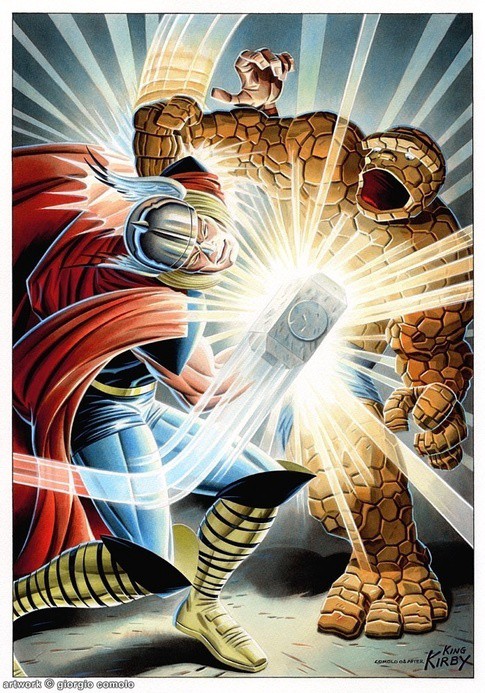
- Though the Fantastic Four are defeated, Thor admits they were far more than mere mortals. This is the evolution of most of Marvel?s early character designs, including Daredevil (enhanced senses liked to extraordinary fighting capacity), Luke Cage (superhuman strength and steel hard skin) and Doctor Strange (accomplished surgeon turned Sorcerer Supreme).
- Marvel?s later heroes were often victims of tragedy or exploitation and were attempting to retake control of their lives. Hawkeye, The Black Widow, The Punisher and Moon Knight are four such human heroes whose lives were filled with both violence and loss.
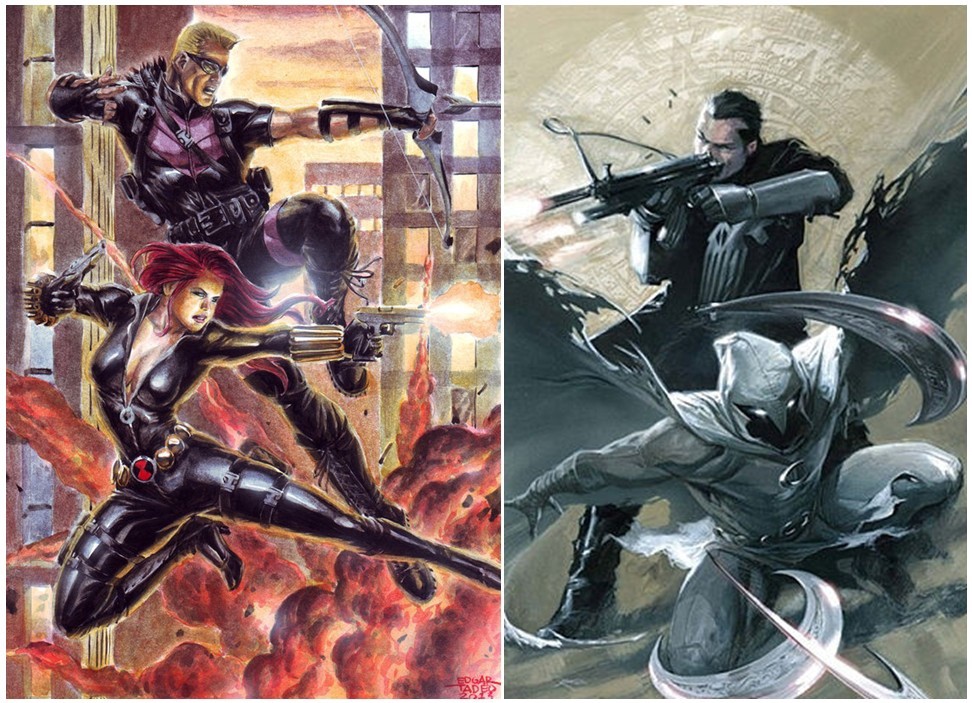
- Each tries to cope with their loss in different ways. Hawkeye hides his emotional trauma under a brash bravado, Natasha Romanov, spy, trained from childhood, was detached from humanity only found herself again as part of the Avengers.
- The Punisher launches a crusade against the criminal underworld bring him against heroes and the villains he engages. And Moon Knight? He started his career as a schizophrenic soldier for hire who was later possessed by a sliver of a divine avatar. Marvel experimented with the darker parts of Humanity long before DC considered it a worthy avenue of storytelling.
- Marvel also played with the other half of the human equation, the desire for normality. For those beings who were born with capacities that made them more than Human, Humanity is cruel and unforgiving. Two examples of groups seeking acceptance and never finding it are the Inhumans and the mutant (also known as Homo Superior).
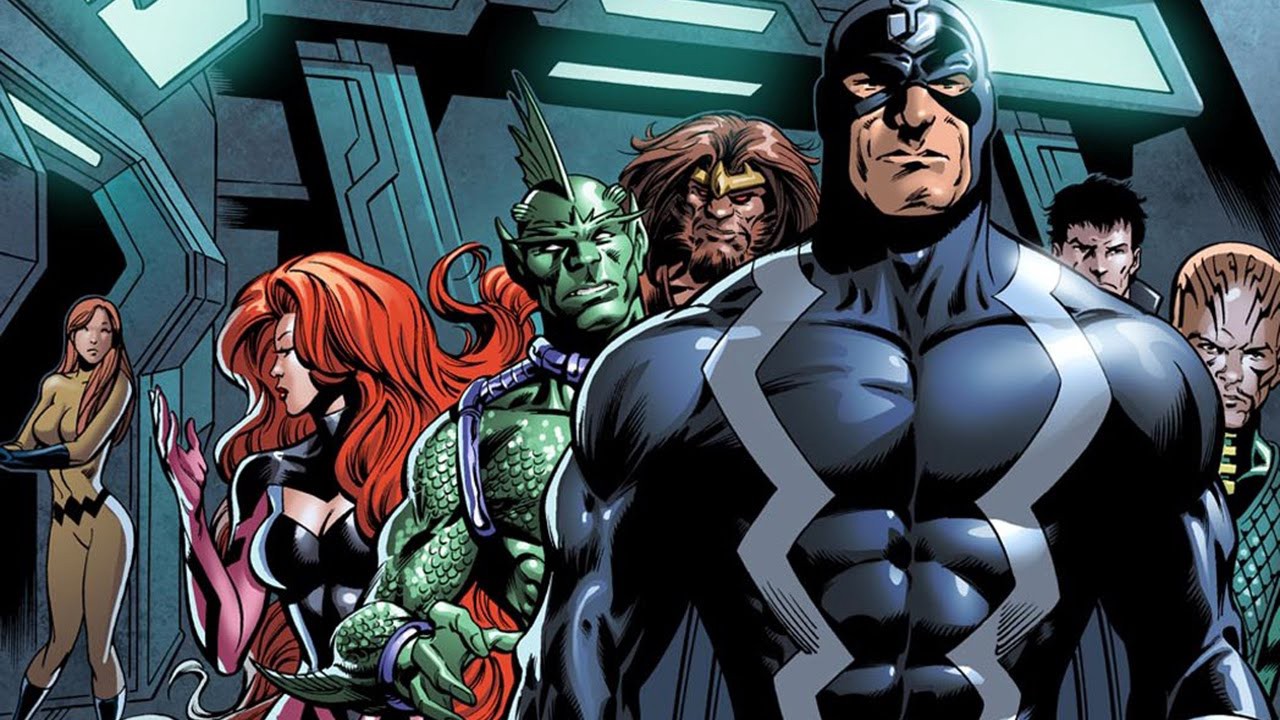
- The Inhumans, subjects of experimentation from millennia ago, each member was different on the outside than any other member, but they were a warm and loving people (for the most part) extraordinary beings simply wanting what ordinary people wanted, acceptance and respect.
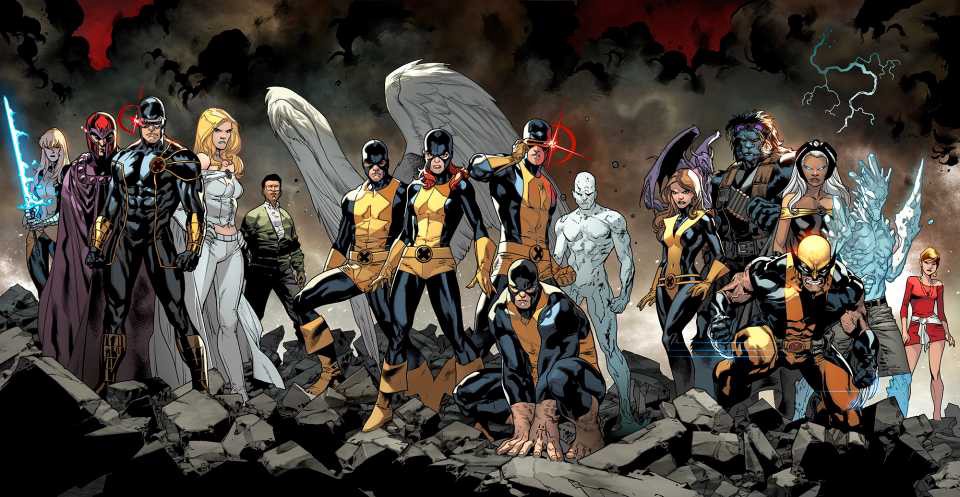
- The X-men and other mutants blessed with superhuman abilities were not revered but reviled, by humanity who feared this embedded potential for change right within their very DNA. Marvel also paid homage to the self-made men such as Hank Pym and Tony Stark whose genius allowed them to supersede their humanity using technology.
![]()
Marvel?s most iconic heroes have been consistently able to be related to by a wider audience because their primary issues are very human, seasoned with a superhuman sauce.
- Tony Stark has translated well to the silver screen as a wise-cracking, know-it-all, ever so technically smart and yet in some ways so socially inept.
- Spider-Man for all of his ability still is a young man trying to find himself and adjust to the idea of great power and its inherent responsibility.
- The Hulk: a brilliant and mentally tortured scientist, one of the greatest minds of his age, houses within a monster, triggered by that all to common emotion, anger. Unstoppable, uncontrollable, Dr. Banner was the lynchpin of pathos, of men made gods and burned by the fire of their apotheosis.
![]()
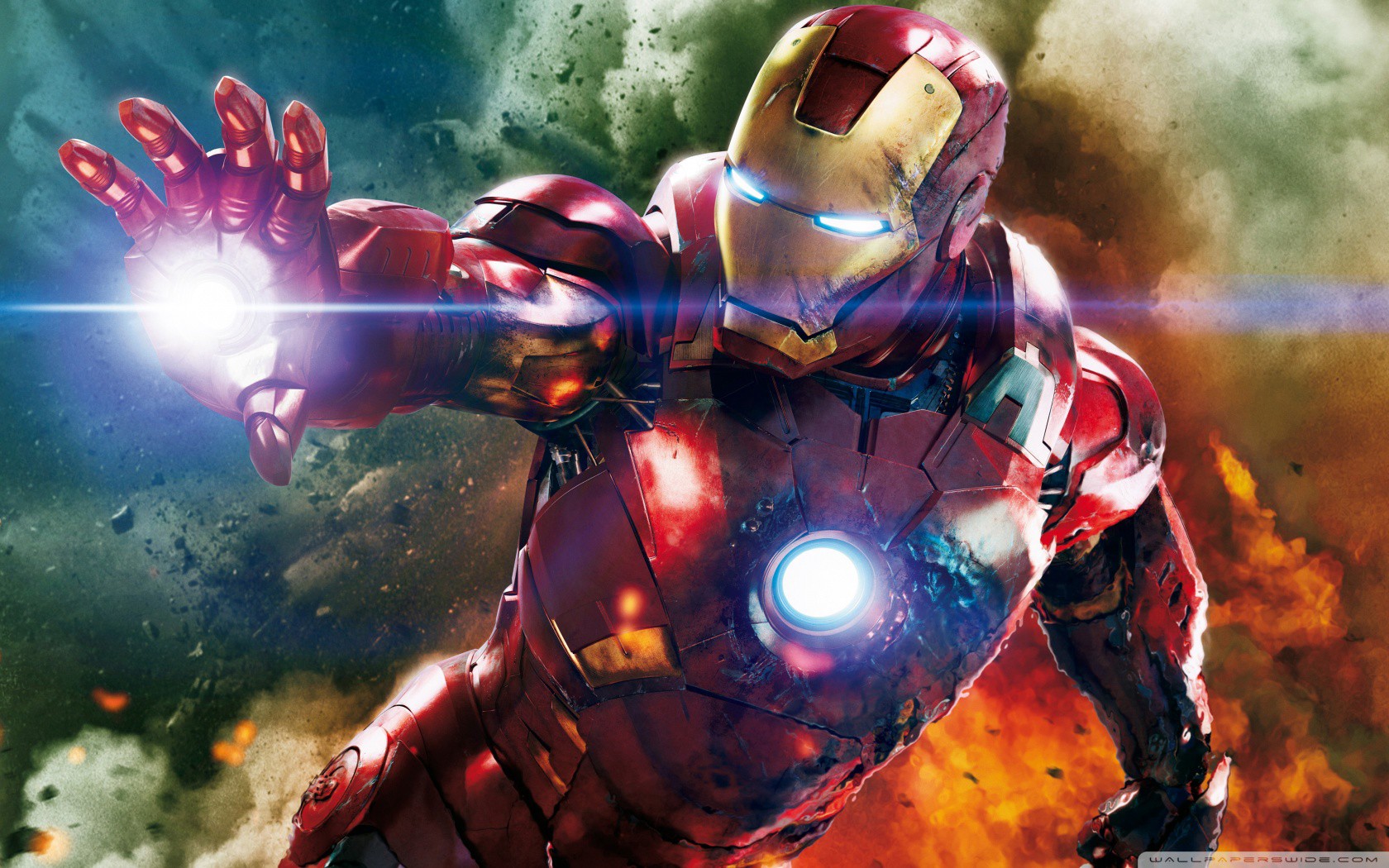
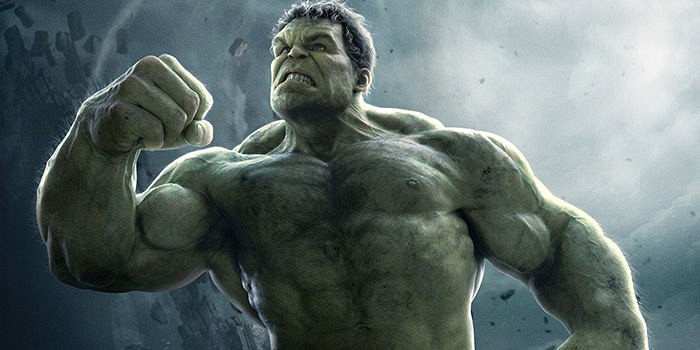
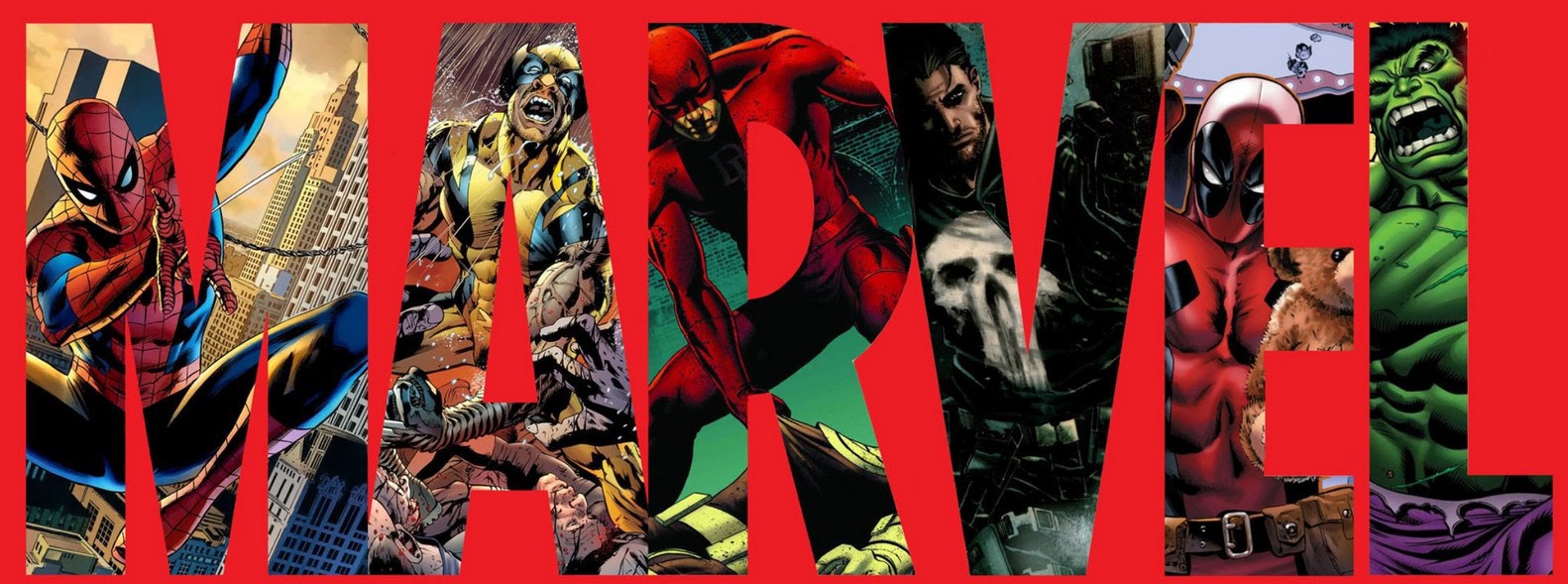
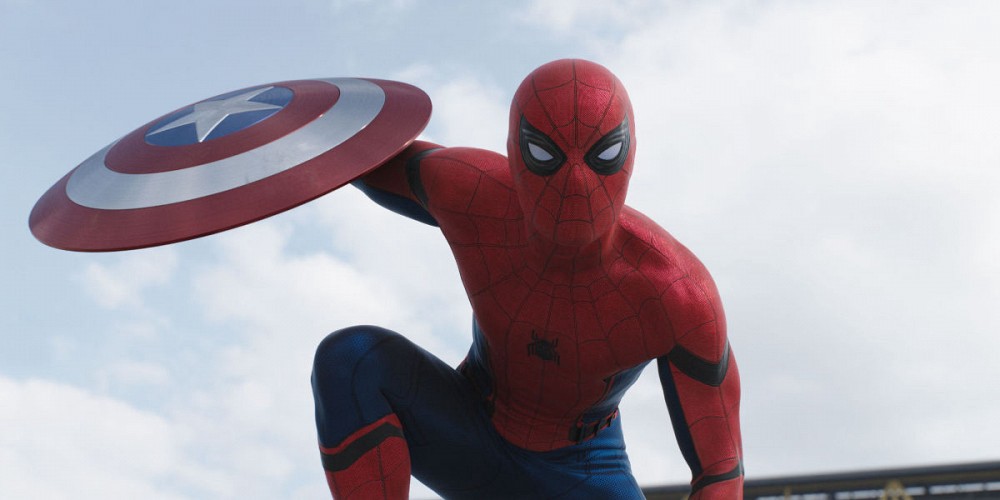
Summary
Despite their differences, both companies have successfully managed to tread the ground where most humans find themselves needing guidance and looking to mythology to find the answers.
- What do I do when I find myself in a position of power and authority?
- How do I conduct myself?
- How do I lead effectively?
- How do I set a good example?
- Is this the best I can be?
Comics are a modern mythology who, despite its humble beginnings on low-quality paper with crappy registration, has evolved into a cultural force so economically powerful, it is hard to see what will happen to the industry when the inevitable backlash comes.
![]()
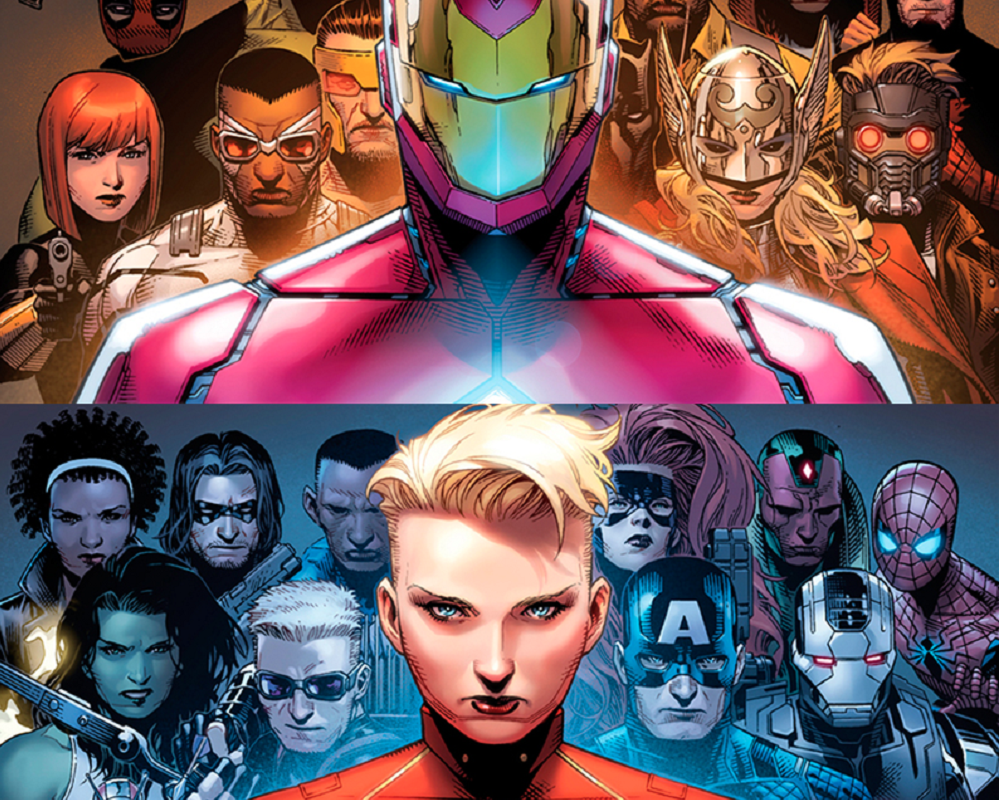
Reflection on the Industry as a Whole
Lately, it feels as if comics are little more than a loss leader for other forms of media from their parent companies.
With the challenges to keeping comics affordable, the inevitable and inexorable march towards a digital format, creating animated cartoons and producing viable merchandising, it feels to me as if the twilight of this particular genre is written on the wind, primarily due to saturating every potential medium until there is no relief from its incessant superheroic memes and messages.
I think the saddest irony of the mythology of comics is their messages have become less idealistic and more reflective of our society?s fears, xenophobia and unreasonable fear in the face of change. Once upon a time comics tried to bring to us ideas of the future of a better, brighter place.
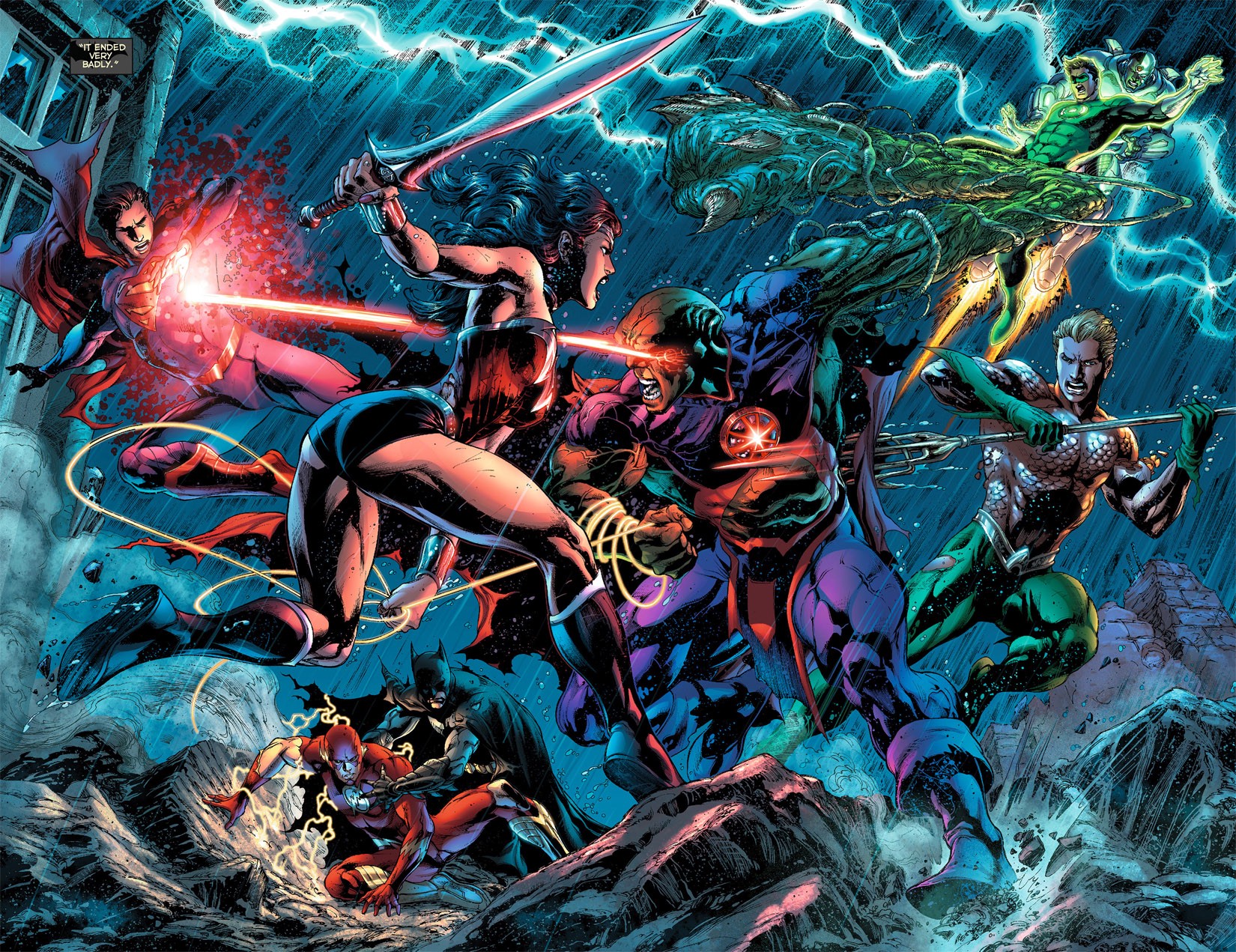
Now like most of our media and maybe like our real world they are filled with the potential for a world where only darkness and destruction seem profitable. What else can explain the orgy of superhero on superhero violence so common in comics today? Superheroes are more inclined to fight each other than they are to fight villains. How else to do explain comic events such as Marvel?s Civil War?
Nowadays, profit rules the spirit of both DC and Marvel and if we are looking for light, it will have to come from minds who remember the wonder they felt for the medium, all those years ago.
Another Way to Go
?Alternative Comics? Companies
Good thing, there are plenty of newcomers eager to take up the slack left by the Big Two.
I wish there was a better way to describe comic companies who are not DC or Marvel. Alternative makes them sound like they are not as good as the Big Two and that is simply NOT true. Some started humbly and evolved, but today they are just as good in terms of art, design, and story quality.
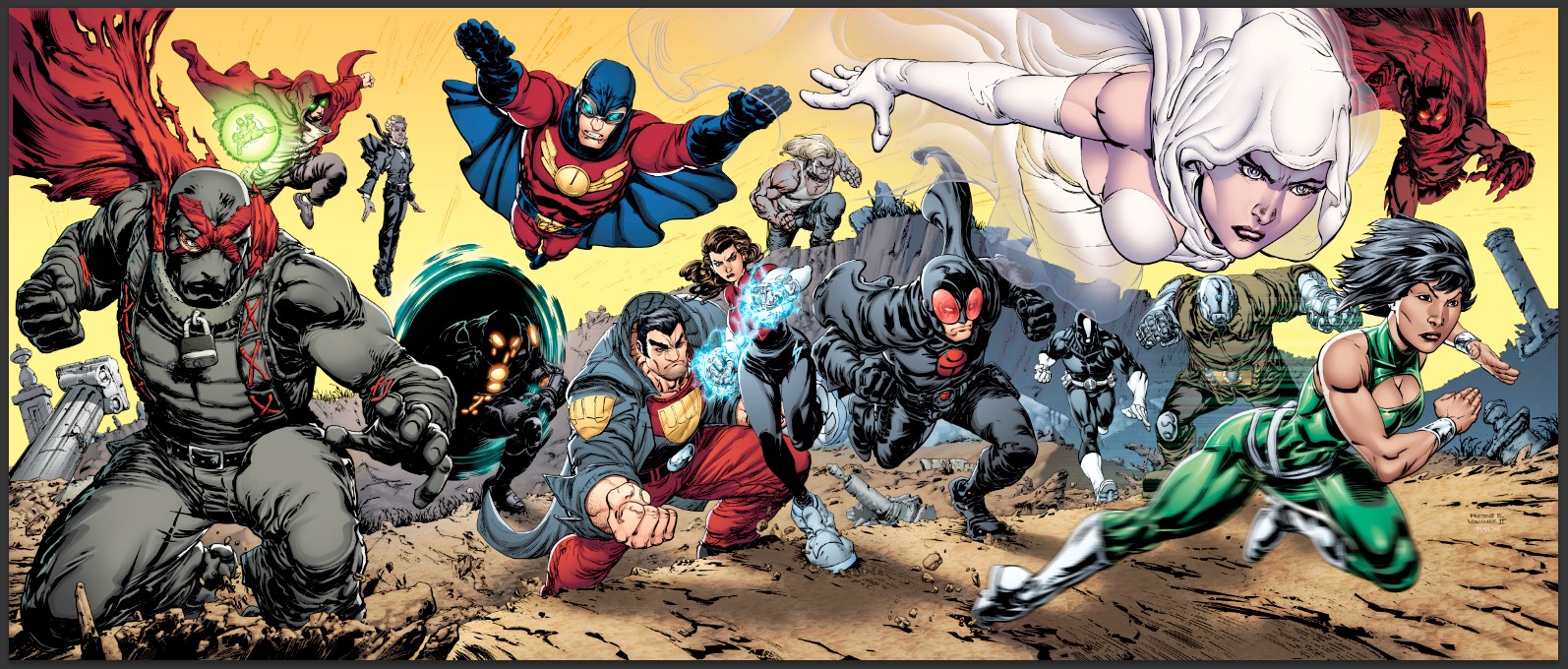 Dark Horse Comics latest lineup of superheroic characters.
Dark Horse Comics latest lineup of superheroic characters.
Three of the alternative giants Valiant Entertainment (1989), Image Comics (1992) and Dark Horse Comics (1986) are three of the companies who have managed to hold space at the fringes of the comicsphere for 30+ years, a virtual eternity by comic company standards.
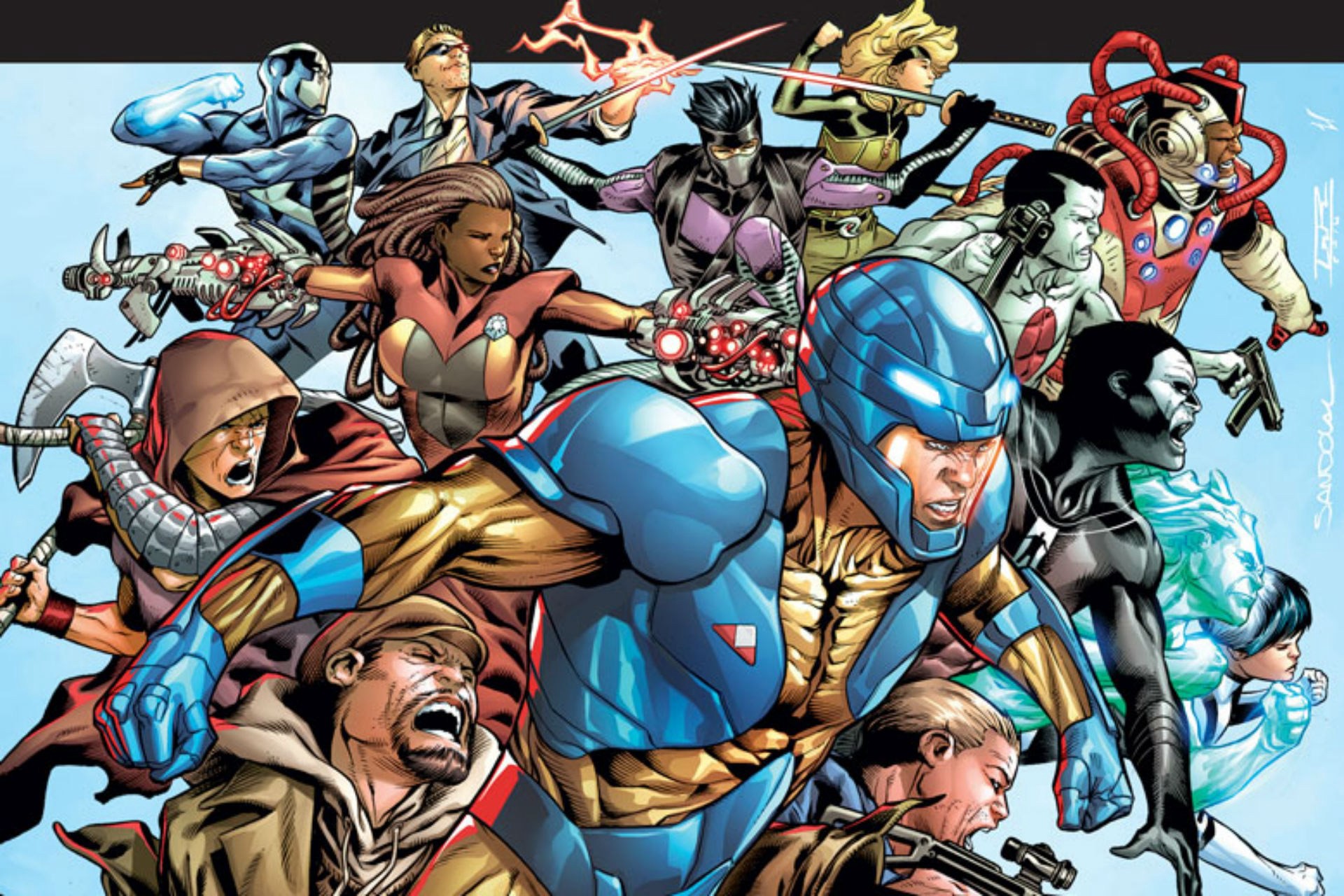 Valiant Entertainment has recently launched a future line of their comics called 4001 AD. My initial sampling was very favorable.
Valiant Entertainment has recently launched a future line of their comics called 4001 AD. My initial sampling was very favorable.
These days, they appear to be picking up steam, launching new lines of comics, new heroes and taking advantage of the opening in the renewed interest in comic characters thanks to DC and Marvel?s movie mania.
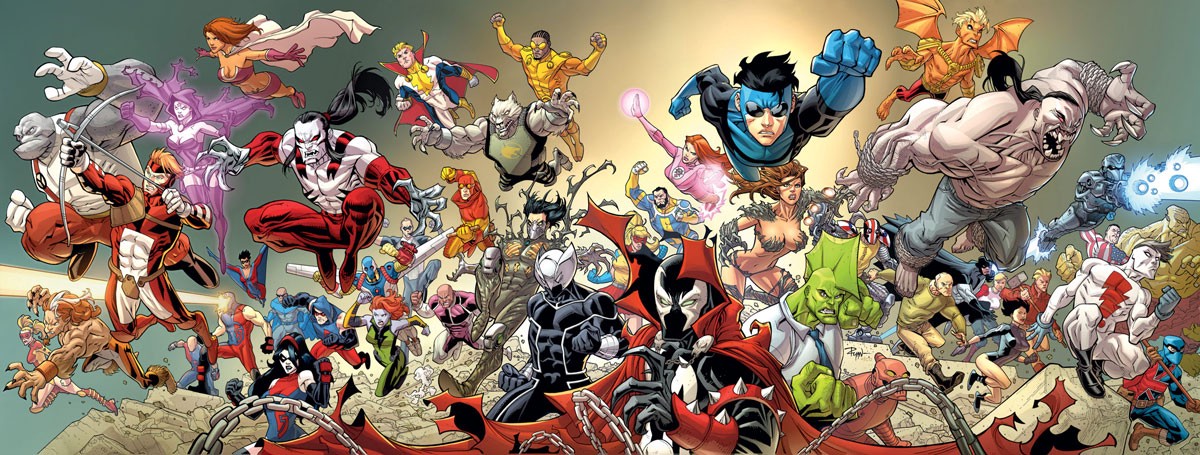 Image Comics? incredibly diverse universe of which Spawn and the Savage Dragon are two of its most well-beloved properties.
Image Comics? incredibly diverse universe of which Spawn and the Savage Dragon are two of its most well-beloved properties.
Image Comics and Dark Horse Comics battle for position as the third-biggest comic book publisher. Image is known best for Marvel and DC-style heroes such as Todd McFarlane?s Spawn, while Dark Horse mixes alternative comics, like Frank Miller?s Sin City, with licensed comics, such as Star Wars.
These three companies and many others such as Vertigo Comics (an imprint of DC Comics) and Wild Storm (bought and eventually absorbed into the DC Universe), Boom! Studios, and IDW Publishing may be smaller but have have been steadily laying out great stories, amazing artwork and in some cases legendary work, outside of the strictly superhero genre, producing ideas which challenge the literary depth comics can achieve.
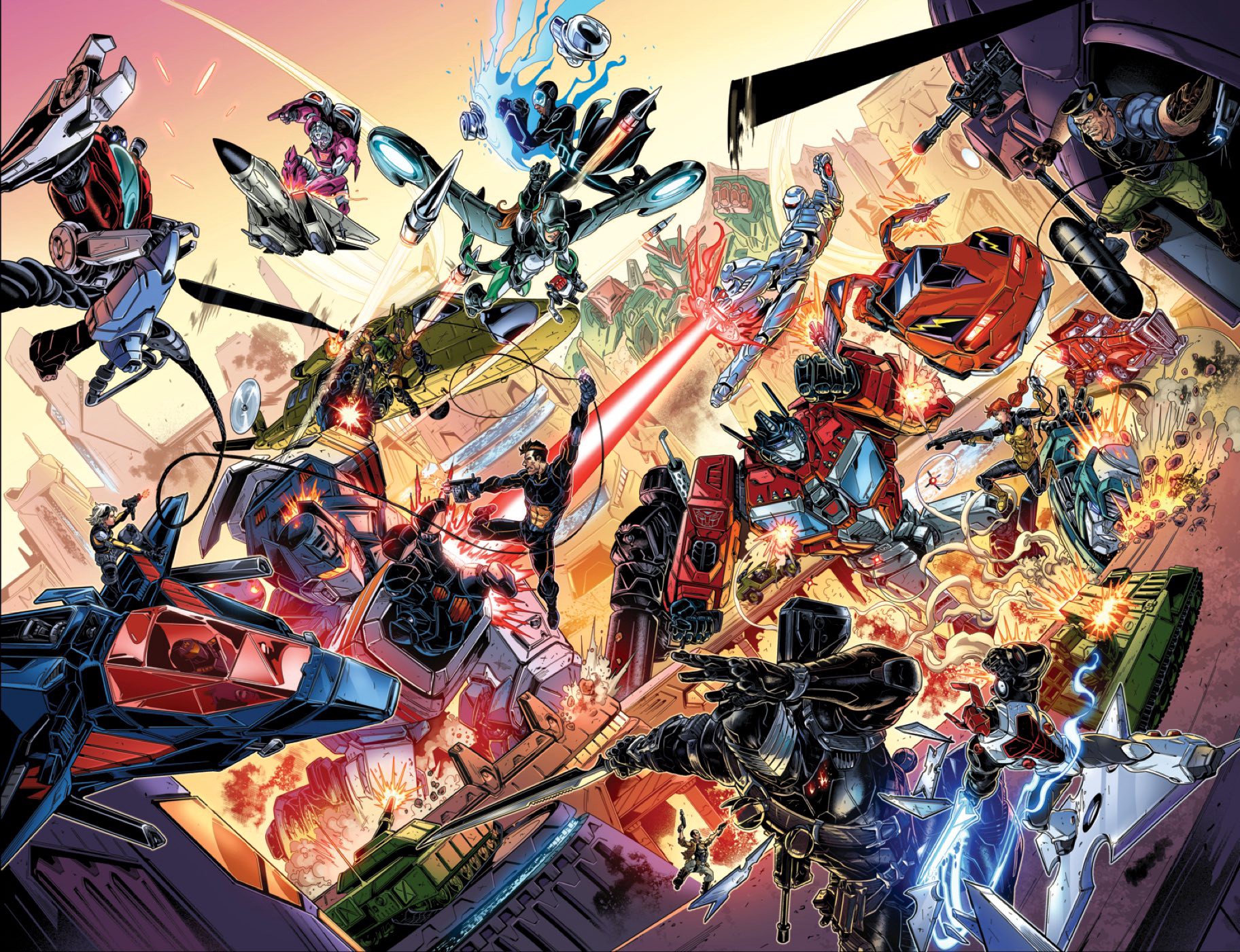 IDW Publishing and Hasbro extend their relationship and their superheroes into a new Universe where Micronauts, GI Joe, MASKS, Transformers and ROM exist.
IDW Publishing and Hasbro extend their relationship and their superheroes into a new Universe where Micronauts, GI Joe, MASKS, Transformers and ROM exist.
Honestly, there are even more comic companies, comic sources, such as web comics, the plucky independents who are trying to make a name for themselves as Timely and National Allied Publications did all those decades ago than you can shake a stick at.
If Marvel and DC who make up approximately 45% and 33% of the industry respectively aren?t doing it for you, maybe its time to give other writers, artists and editors a chance to earn your money. If we do this and help improve those smaller companies who are fighting to create great new stuff, we can remind the Big Two they have to earn our money too and not just recycle their histories for a new generation.
When I get caught up I will talk about a number of web comics I have read and enjoyed and if you know of any, feel free to send me your favorites at answerman[dot]archive[at]gmail[dot]com.
Other References
- Marvel Dominated Comic Sales in 2014 (Wall Street Journal)
- Marvel Cinematic Universe Box Office (Box Office Mojo)
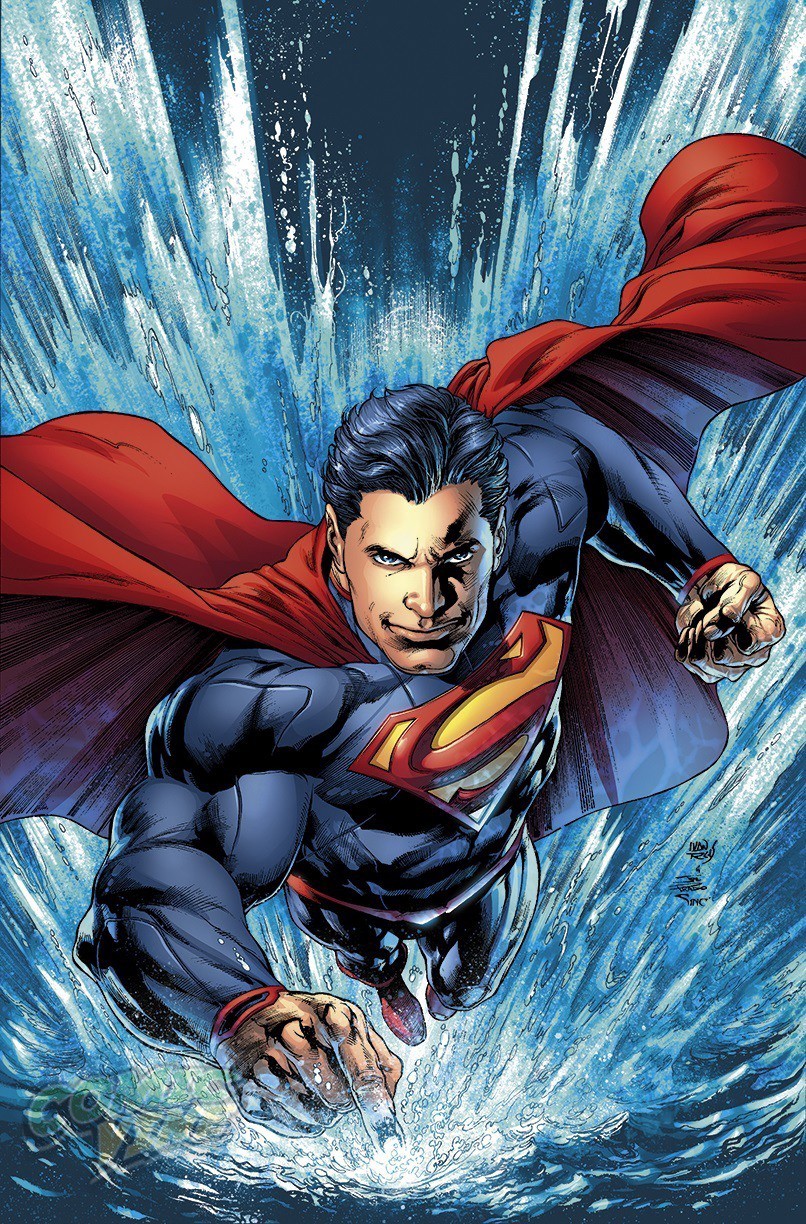 DC?s Comics New 52 Superman has passed away. 2011?2016
DC?s Comics New 52 Superman has passed away. 2011?2016
Comics and Quora
- How can I know everything about DC Comics?
- If I love the MCU, should I read the comics?
Parts of this essay appeared first on Quora as ?How do DC superheroes compare to Marvel superheroes?? Thaddeus Howze 2016. All Rights Reserved

The Answer-Man?s Archives are a collection of my articles discussing superheroes and their powers in relationship to their respective universes. We deconstruct characters, memes, profiles and how superheroes relate to real world culture. You can find other Archives on Quora and the Science Fiction and Fantasy Stack Exchange or at The World According to Superheroes.
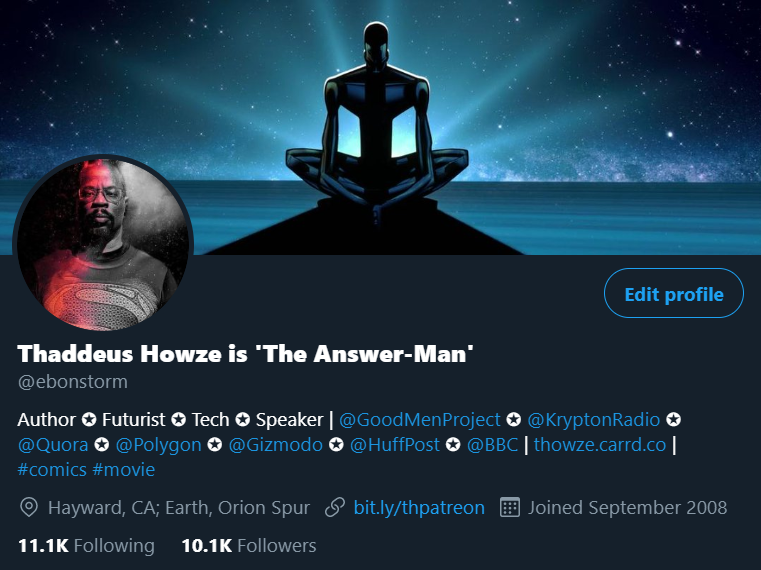
Thaddeus Howze is a writer, essayist, author and professional storyteller for mysterious beings who exist in non-Euclidean realms beyond our understanding.
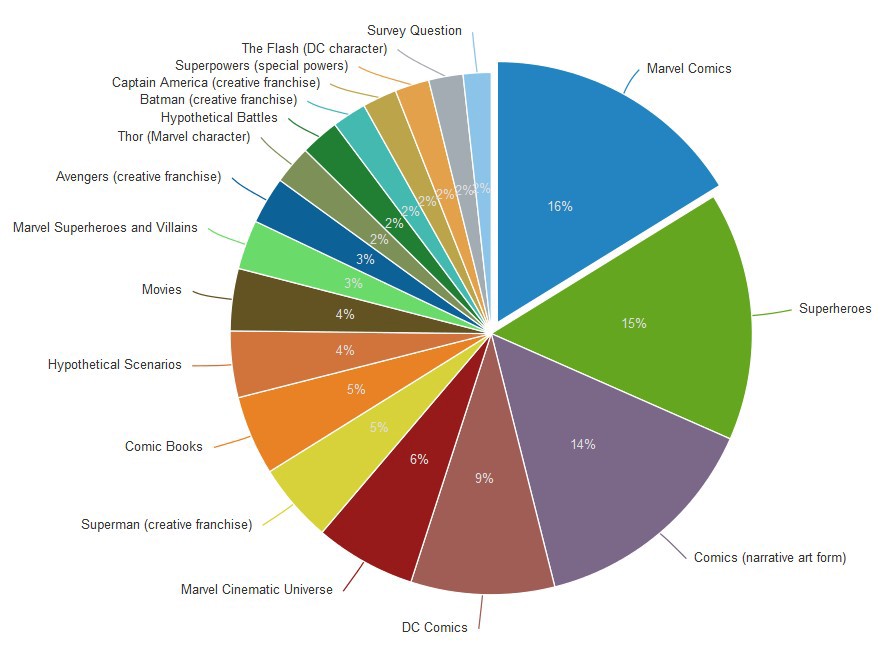 One of the Answer Archives in a visual representations
One of the Answer Archives in a visual representations

